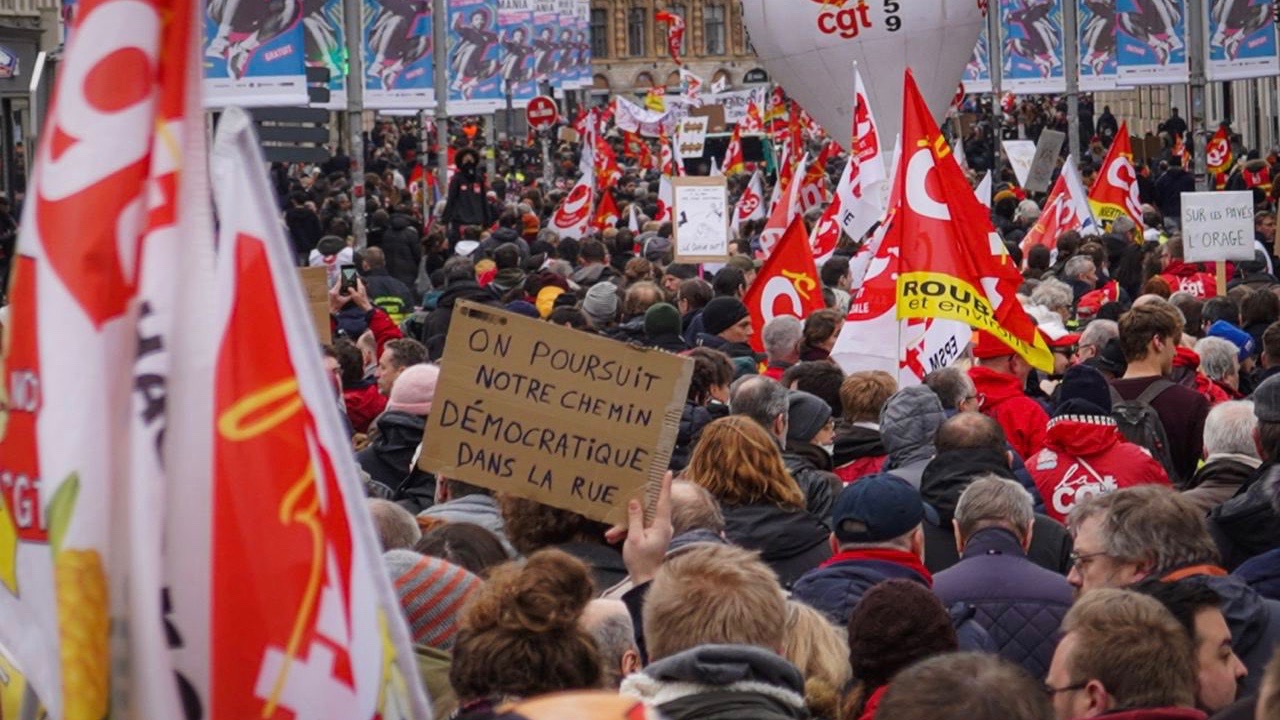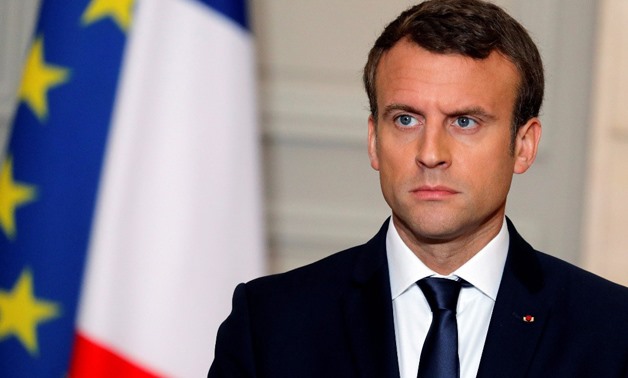Will Macron’s Divisive Plan To Increase The Retirement Age Save The French Pension System?
The protests have focused popular rage on Macron, with protestors claiming he is disconnected from their actual problems and that they want to defend France's larger social assistance system and public services.

The Supreme Court of France has given a green signal to Emmanuel Macron’s proposals to increase the minimum pension age. Earlier, it was 62, and the new one is 64. The verdict means that the French government may enact the president’s unpopular proposals to raise the minimum eligible pension age as early as the upcoming week, with the changes taking effect by the end of the year. The constitutional council, which Prime Minister Élisabeth Borne called to look into whether the pension reforms were constitutional, rejected several minor components. These included proposals to encourage employment for older employees, which were denied because they did not belong in legislation added to a social security budget bill.
The scenario of protest was an outcome of the bill proposed by Macron.
The administration had hoped the judgement would halt three months of protests, but police were on high alert for fresh rallies on Friday night. Hundreds of protesters marched from Paris City Hall through the Marais neighbourhood, with some dumpsters set ablaze and firefighters battling fires. A fire broke out in the entryway of a police station in Rennes, Brittany, and raged until police officers extinguished it. Interior Minister Gérald Darmanin called it “unacceptable” on Twitter.

Armed riot police were stationed near the strongly guarded headquarters of the Constitutional Council in Paris. All public protests were prohibited in the region, and certain metro stations were blocked. Three-metre-high security screens were installed. According to Agence France-Presse, police expected up to 10,000 protestors in the capital following the judgement. Hundreds of teenagers and high school students gathered in the early afternoon outside Paris’s Gare Saint-Lazare to protest. As the verdict was announced, trade unionists and demonstrators gathered near Paris City Hall.
Macron now has two weeks to pass the legislation.
Borne tweeted that there was “no winner, no loser” and that the law has completed its democratic process. La France Insoumise‘s Mathilde Panot claimed the left was “more mobilised than ever” to oppose the measure. Olivier Faure, a Socialist Party lawmaker, called it a “bad, unjust, and illegitimate law.” According to Jordan Bardella of Marine Le Pen’s far-right National Rally party, the pensions issue has revealed a “vast gap” between Macron and the people.
The political situation has not been resolved after three months of rallies, some of which were violent, and skirmishes with police. Trade groups and opposition politicians urged the government to postpone the pension age rise to 64, despite surveys suggesting that two-thirds of the French people oppose the proposal. On the visit to Notre Dame, Macron hinted that he would not take the proposal just in the face of public protests. “Stay the course; that’s my motto,” he remarked.

The constitutional council denied opposition MPs’ proposal for a citizens’ vote on the pensions bill. This would have been a lengthy and challenging procedure, beginning with obtaining signatures from at least 10% of the electorate, or at least 4.88 million voters, over nine months. Another referendum request has been lodged, with a decision likely at the beginning of May. Macron may deliver a broadcast speech in the coming days. After consistently rejecting pleas for negotiations with union leaders recently, he has said he will welcome labour representatives for talks next week. Still, they want him first to repeal the act.
It is unclear how Macron would solve the political trust issue. When the administration used an executive order to circumvent parliament and implement the pension plan without a vote last month, it demonstrated how tough it was for Macron’s centrists to rule after losing the absolute majority in parliament in June last year. According to polls, more than 60% of French people support the protests, a percentage that has increased in the last three months.
The protests have focused popular rage on Macron, with protestors claiming he is disconnected from their actual problems and that they want to defend France’s larger social assistance system and public services. Left-wing politicians argued that the pension scheme was unjust to women and people who perform manual work, who begin their working life sooner than university graduates. According to the administration, raising the minimum eligibility age for a state pension is vital to keep the pension system afloat. the move is taken with the fact the the population ages by the passage of time.

Disclosure.
Laurent Berger, the CFDT union head, had stated that if the law was only partially passed, it should be re-examined in parliament. According to Éric Woerth, a senior member of Macron’s party, they have not convinced people even though the basic elements of the bill were adopted. Maybe in the back of their minds, when the ash has subsided and people have had a chance to look back and take a closer watch, they’ll think, “Maybe they were true.” Unpopular decisions had to be made if the French pension system was to be saved.




